|
| NEWS |
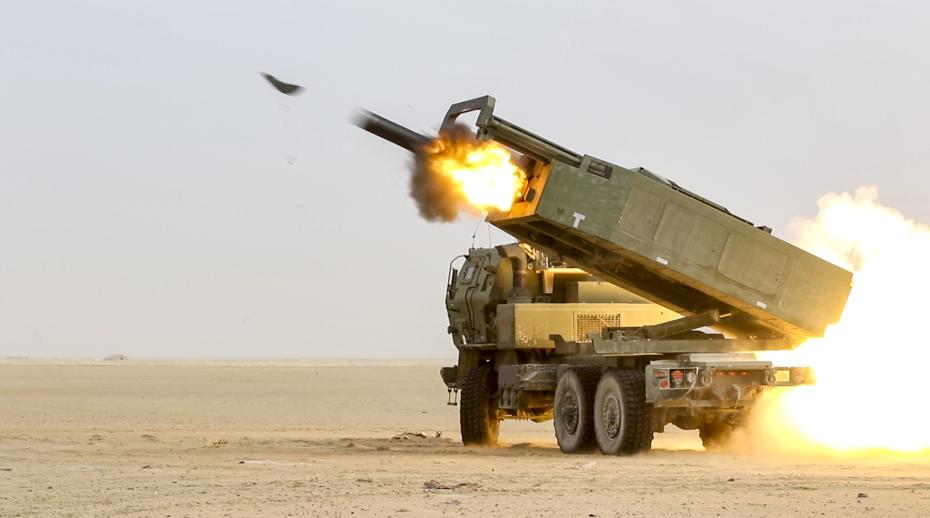 |
| New data on international arms transfers—European arms imports nearly double, US and French exports rise, and Russian exports fall sharply |
|
This month, SIPRI released new data on international arms transfers. The new data revealed that states in Europe almost doubled their imports of major arms (+94 per cent) between 2014–18 and 2019–23. Far larger volumes of arms flowed to Asia and Oceania and the Middle East in 2019–23, where nine of the 10 largest arms importers are. The United States increased its arms exports by 17 per cent between 2014–18 and 2019–23, while Russia’s arms exports halved. Russia was the third largest arms exporter for the first time, falling behind France.
|
|
|
Read more | Download the Fact Sheet | Explore the Arms Industry Database
|
|
|
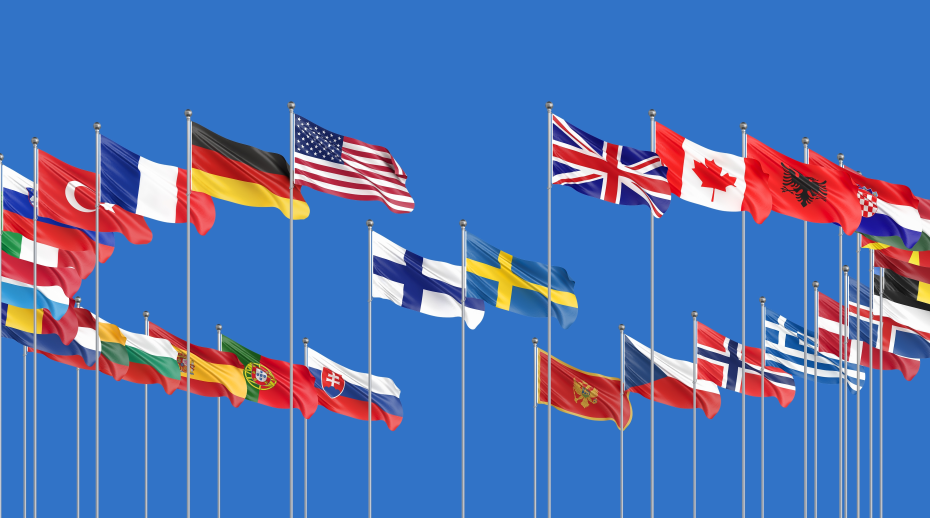 |
| New materials to mark NATO’s 75th anniversary |
|
SIPRI launched a package of new materials reflecting on the upcoming NATO anniversary and the recent accession of two new members—Finland and Sweden—to the transatlantic alliance. The materials include two additions to SIPRI’s Conversation film series. In the interviews, two of the Nordic region’s most eminent diplomats, Jan Eliasson and Jan Egeland, discuss the implications of Finland and Sweden’s NATO membership. An accompanying essay highlights lessons from cold war diplomacy that are urgently needed today.
|
|
|
Read more | Watch the interview with Jan Eliasson | Watch the interview with Jan Egeland | Read the Essay
|
|
|
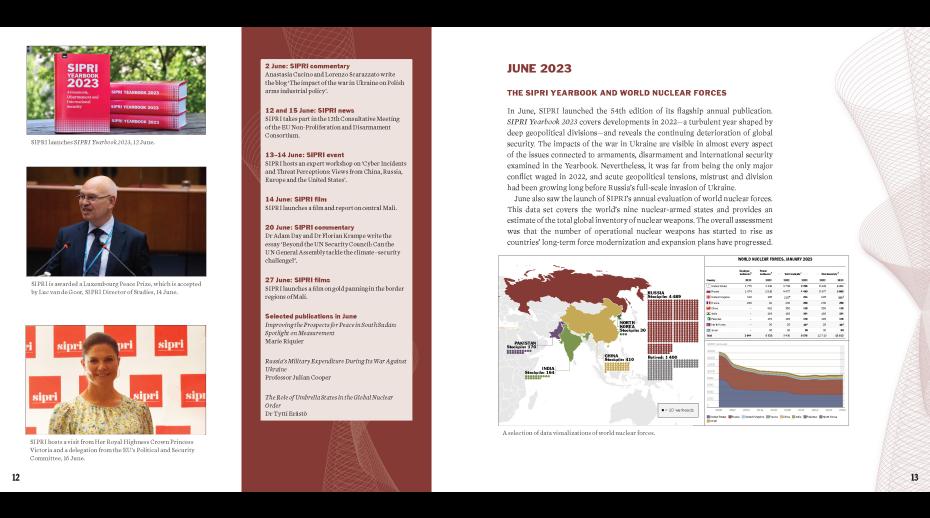 |
| Annual Review 2023—out now |
|
This month, SIPRI launched Annual Review 2023, which takes a retrospective look at the Institute’s activities and achievements during the year. As the international system grappled with a myriad of challenges in 2023, SIPRI maintained a key role in providing data and analysis. Annual Review 2023 is structured into themes that cover a wide scope of security-focused topics. Each two-page spread describes SIPRI’s work on these topics and includes a list of activities ranging from publications and commentary pieces to films and events.
|
|
|
Read more | Download SIPRI’s Annual Review 2023
|
|
|
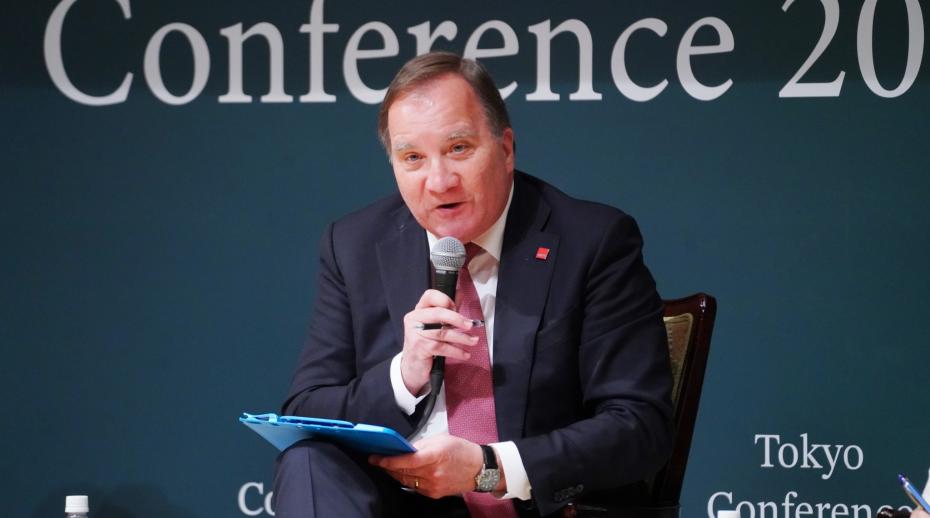 |
| SIPRI Chair Stefan Löfven fosters collaboration in Tokyo |
|
Earlier this month Stefan Löfven, Chair of the SIPRI Governing Board and former Swedish Prime Minister, visited Tokyo, Japan, for several events to foster SIPRI’s collaboration with different actors in the region. Löfven was a keynote speaker at the 2024 Tokyo Conference and participated in a conversation event at the United Nations University in Tokyo. During his visit to Japan, Löfven also met with Kiyoto Tsuji, Japanese State Minister for Foreign Affairs, to discuss current developments in international peace and security, and the need to enhance multilateral cooperation.
|
|
|
Read more
|
|
|
|
| COMMENTARY |
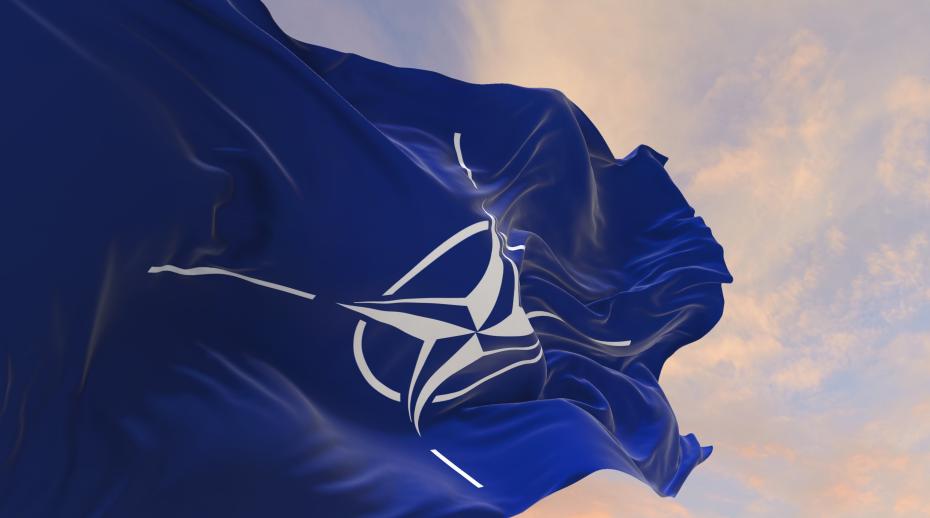 |
| NATO: A new need for some old ideas |
|
As part of a collection of materials to mark the 75th anniversary of NATO, this SIPRI Essay underscores a new need for old ideas as NATO’s core mission arguably comes full circle. The authors contend that although much has changed since the cold war ended, the fundamental concepts of the past are far from obsolete, especially as NATO’s key task has once again become deterring Russia and defending European territory.
|
|
Read the SIPRI Essay
|
|
|
 |
| Water for peace … for now? |
|
To coincide with World Water Day, SIPRI published a blog that explores how water management projects can have wider social benefits, improving troubled relations between communities and providing valuable experience of cooperation and peaceful negotiation. However, solutions can be short-lived if they do not institutionalize mechanisms to manage water resources and resolve water disputes. This blog examines what it takes to consolidate gains and contribute to sustainable, long-term peace.
|
|
Read the SIPRI WritePeace Blog
|
|
|
 |
| Export controls and cyber-surveillance tools: Five suggestions for the Summit for Democracy |
|
Export controls have already yielded some notable results in preventing or prosecuting unlicensed transfers of cyber-surveillance tools. However, much could still be done to improve their consistency, coverage and application. This SIPRI WritePeace blog presents five suggestions for the third Summit for Democracy, which took place in Seoul in March, to strengthen the use of export controls in this space.
|
|
Read the SIPRI WritePeace Blog
|
|
|
|
|
 |
| External outlets |
|
SIPRI experts were recently featured in these external outlets:
-
‘Unpacking the concerns around AI and biotechnology’, by Jules Palayer, published by the UN Office for Disarmament Affairs in March.
-
‘Participatory analysis of water-related conflict risks in complex adaptive systems—The case of the Inner Niger Delta in Mali’, by Karen Meijer et al., published in Water International on 14 March.
-
‘German musings about a Franco–German or German bomb’, by Barbara Kunz and Ulrich Kühn, published in Germany and Nuclear Weapons in the 21st Century on 12 March.
-
‘Eleonore Pauwels: The dark side of AI for medicine, pharmacology and bioengineering’, by Vincent Boulanin and Charles Ovink, published by the Responsible AI for Peace podcast on 5 March.
-
‘UN peace operations & human rights: A thematic study’, by Claudia Pfeifer Cruz et al., published by the Norwegian Institute of International Affairs on 29 February.
-
‘Conflict considerations in the United Nations Framework Convention on Climate Change’s National Adaptation Plans’, by Elise Remling and Karen Meijer, published by Climate and Development on 26 February.
|
|
|
|
| UPCOMING EVENTS |
| |
| 6–8 May 2024 |
| 2024 Stockholm Forum on Peace and Development |
|
The 2024 Stockholm Forum on Peace and Development will be held on 6–8 May on the theme ‘On the Edge: Navigating a Changing World’.
|
|
Read more
|
| |
| 28–31 May 2024 |
| Addressing the challenges posed by chemical and biological weapons: Intensive online introductory course for students of technical disciplines |
|
SIPRI and the EU Non-Proliferation and Disarmament Consortium invite graduate and postgraduate students of the technical or natural science disciplines to apply for an intensive online introductory course on chemical and biological weapons.
|
|
Read more
|
| |
| 26–30 August 2024 |
| 2024 Armament and Disarmament Summer School |
|
The 2024 Armament and Disarmament Summer School will be held on 26–30 August.
|
|
Read more
|
|
|
| RECENT EVENTS |
| |
| 12 March 2024 |
| Security at arm’s length: Global arms trade implications for peace, security and the economy |
|
SIPRI and the Stimson Center co-hosted a discussion of recent trends in the global arms trade and the potential implications of arms transfers around the world. Using newly released SIPRI arms transfer data, the event examined the current state of play in the global arms trade, highlighting recent arms transfer trends and their impacts.
|
|
Read more
|
|
| |
| 19–20 February 2024 |
| SIPRI co-hosts Seoul workshop on nuclear risk reduction in space |
|
SIPRI co-organized a workshop on ‘Regional Perspectives on Nuclear Risk Reduction in Outer Space’. The UN Institute for Disarmament Research and the UN Regional Centre for Peace and Disarmament for Asia and the Pacific co-hosted the workshop, which was held in Seoul, South Korea.
|
|
Read more
|
|
| |
| 13 March 2024 |
| SIPRI and UNODA collaborate with emerging AI practitioners |
|
SIPRI and the UN Office for Disarmament Affairs convened a workshop on artificial intelligence (AI). The two-day capacity-building workshop focused on the topic ‘Responsible AI for Peace and Security’ and was held for a group of 18 students.
|
|
Read more
|
|
|
| STAFF NEWS |
Current vacancies:
- Deputy Director (Closing date: 30 June)
- Researcher, Biological Weapons or Biological and Chemical Weapons, Weapons of Mass Destruction Programme (Closing date: 12 April)
|
|
Read more
|
|
|
|
|
| PUBLICATIONS |
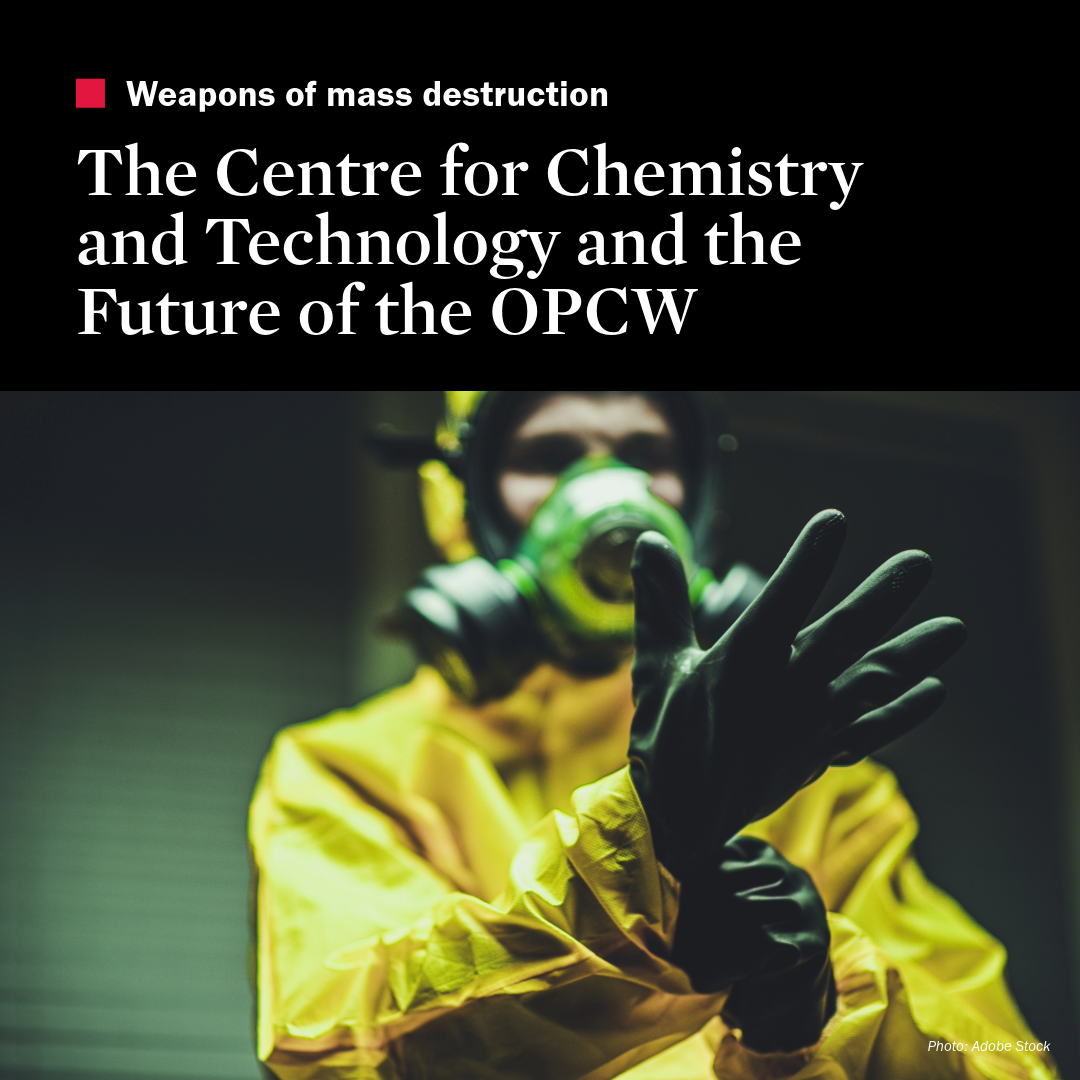 |
| The Centre for Chemistry and Technology and the Future of the OPCW |
|
With the destruction of the final remaining stockpiles of declared chemical weapons in 2023, the Organisation for the Prohibition of Chemical Weapons (OPCW) must adjust to a new role. The inauguration of the OPCW’s Centre for Chemistry and Technology (CCT) in 2023 provides a new resource to assist the organization and the international community in reducing and eliminating the threat from chemical weapons. This SIPRI Research Policy Paper examines ways in which the contribution of the CCT can be maximized, for example by building momentum behind a substantive programme of work for the CCT and providing it with stable and secure funding via a trust fund.
|
|
Read the SIPRI Research Policy Paper
|
|
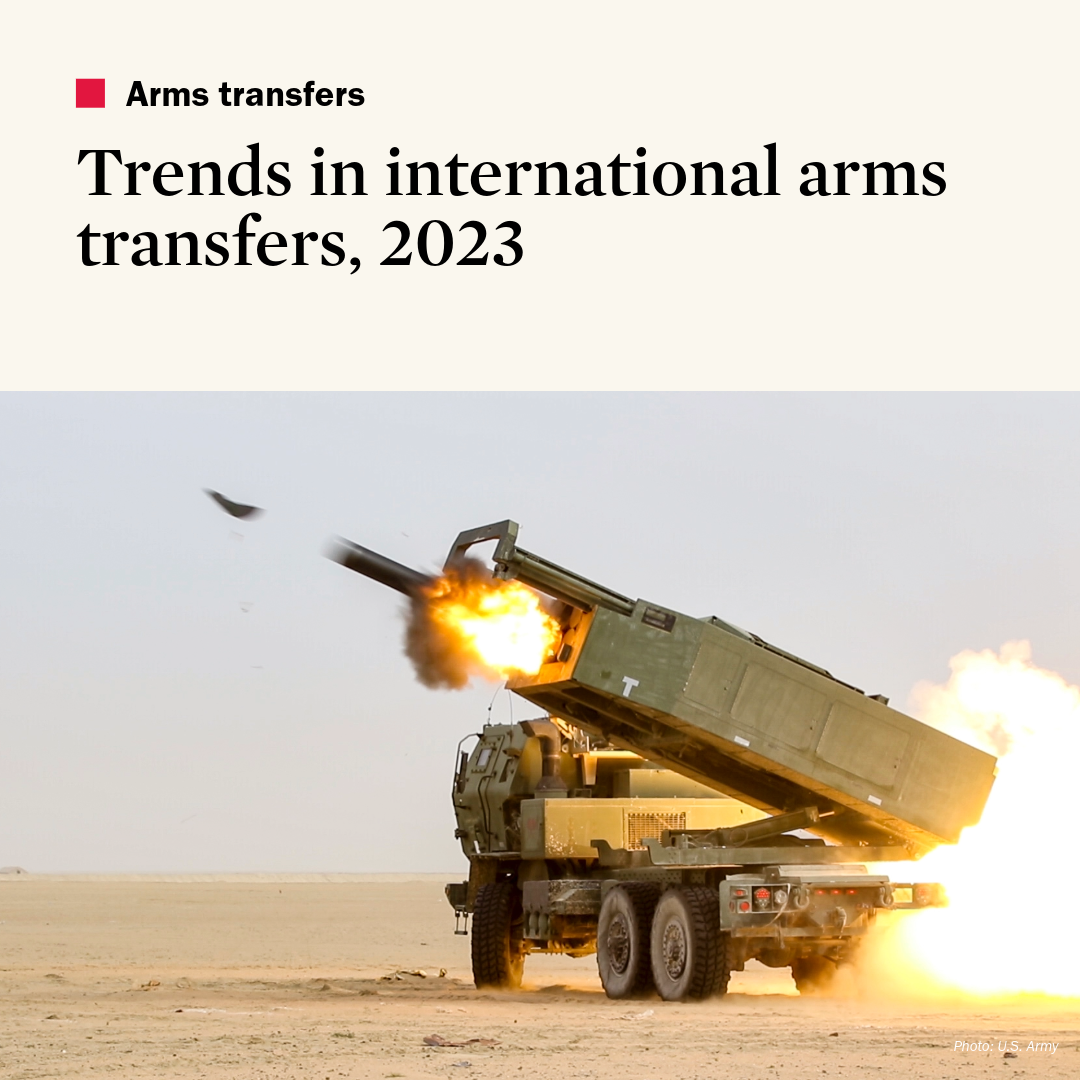 |
| Trends in International Arms Transfers, 2023 |
|
Imports of major arms by states in Europe increased by 94 per cent between 2014–18 and 2019–23, while the global volume of international arms transfers decreased marginally, by 3.3 per cent. There were overall decreases in arms transfers to all other regions, but states in Asia and Oceania and the Middle East continued to import arms in much larger volumes than those in Europe. Arms exports by the USA, the world’s largest arms supplier, rose by 17 per cent between 2014–18 and 2019–23, while those by Russia fell by more than half (–53 per cent). Based on the new data, this fact sheet presents global trends in arms exports and arms imports, and highlights selected issues related to transfers of major arms.
|
|
Read the SIPRI Fact Sheet
|
|
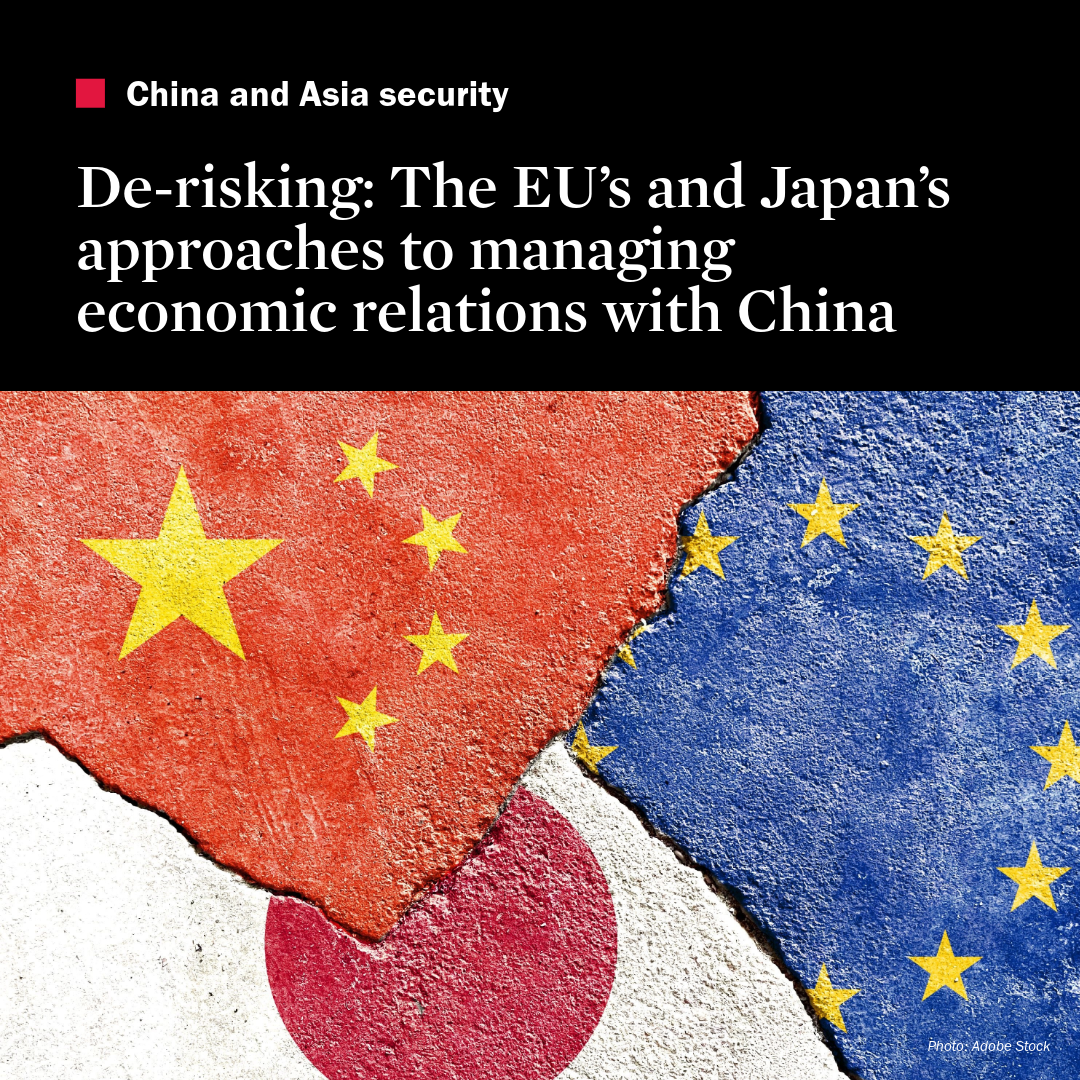 |
| De-risking: The EU’s and Japan’s Approaches to Managing Economic Relations with China |
|
The European Union (EU) and Japan have both adopted de-risking measures in their economic relations with China. However, while consensus exists on the need to adopt de-risking measures, the approaches pursued in the EU and Japan vary due to several factors. Both the EU and Japan also recognize the importance of more closely coordinating with each other to achieve their goals: to mitigate or manage potential risks, to enhance resilience, and to maintain (and, where necessary, promote) economic ties with China in areas of mutual benefit. This SIPRI Research Policy Paper provides recommendations to further induce more effective collaboration between the EU and Japan and to leverage their relationship.
|
|
Read the SIPRI Research Policy Paper
|
|
|
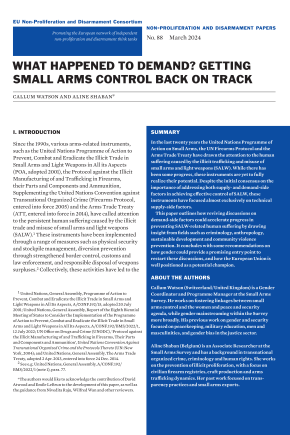 |
| What Happened To Demand? Getting Small Arms Control Back on Track |
|
In the last twenty years the UN Programme of Action on Small Arms and Light Weapons, the UN Firearms Protocol and the Arms Trade Treaty have drawn attention to the human suffering caused by the illicit trafficking and misuse of small arms and light weapons (SALW). While there has been some progress, these instruments are yet to fully realize their potential. This paper outlines how reviving discussions on demand-side factors could accelerate progress in preventing SALW-related human suffering by drawing insight from fields such as criminology, anthropology, sustainable development and community violence prevention. It concludes with some recommendations on how gender could provide a promising entry point to restart these discussions, and how the EU is well positioned as a potential champion.
|
|
Read the report
|
|
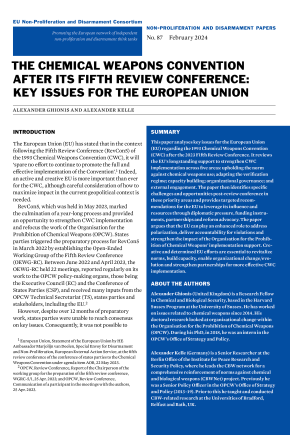 |
| The Chemical Weapons Convention After its Fifth Review Conference: Key Issues for the European Union |
|
This paper analyses key issues for the EU after the 2023 Fifth Review Conference of the 1993 Chemical Weapons Convention (CWC). Focusing on five priority areas, it provides recommendations for how the EU can leverage its influence and resources through diplomatic pressure, funding instruments, partnerships and reform advocacy. The paper argues that the EU can play an enhanced role in addressing polarization, delivering accountability for violations and strengthening the impact of the Organisation for the Prohibition of Chemical Weapons’ implementation support. Creative and determined EU efforts are essential to revitalize norms, build capacity, enable organizational change/evolution and strengthen partnerships for more effective CWC implementation.
|
|
Read the report
|
|
|
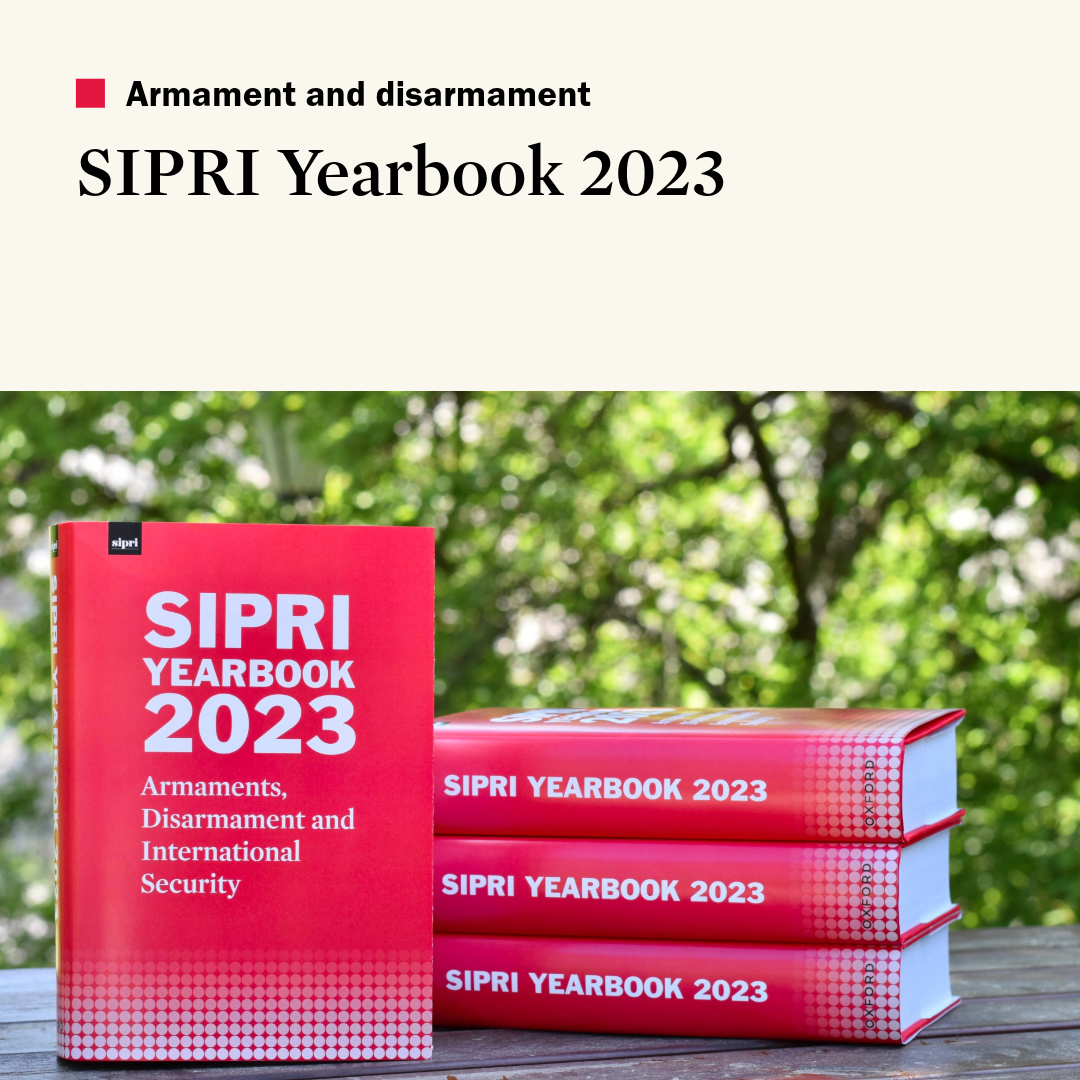 |
| SIPRI Yearbook 2023 |
SIPRI Yearbook 2023 presents a combination of original data in areas such as world military expenditure, international arms transfers, arms production, nuclear forces, armed conflicts and multilateral peace operations, with state-of-the-art analysis of important aspects of arms control, peace and international security. In addition to its detailed coverage of nuclear arms control and non-proliferation issues, the latest edition of the SIPRI Yearbook includes:
- insight on developments in conventional arms control in 2022;
- regional overviews of armed conflicts and conflict management;
- in-depth data and discussion on military expenditure, international arms transfers and arms production; and
- comprehensive coverage of efforts to counter chemical and biological security threats.
|
|
Browse the contents page | Download the summary (PDF) | Download the sample chapter on world nuclear forces (PDF) | Order SIPRI Yearbook 2023
|
|
|
| |
|
|
|
|
|
|
|
|